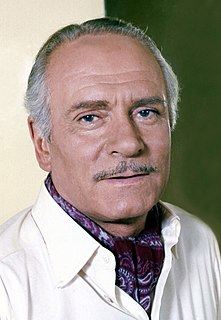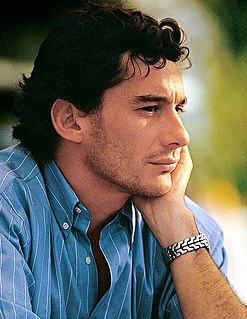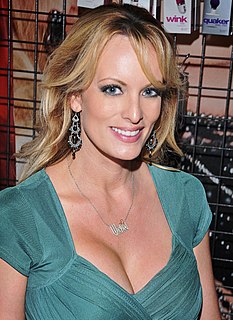A Quote by Os Guinness
Mastering our emotions has nothing to do with asceticism or repression, for the purpose is not to break the emotions or deny them but to "break in" the emotions, making them teachable because they are tamed.
Related Quotes
The big difference between a warrior and a victim is that the victim represses and the warrior refrains. Victims repress because they are afraid to show the emotions, afraid to say what they want to say. To refrain is not the same thing as repression. To refrain is to hold the emotions and to express them in the right moment, not before, not later. That is why warriors are impeccable.
One cultivates spaciousness or awareness which allows you to acknowledge the emotions and see them as part of the human condition. Emotions are like subtle thought forms and they all arise in response to something outside yourself. They are all reactions. You cultivate a quietness in yourself that watches these emotions rising and falling and passing away.
Negative emotions will challenge your grit every step of the way. While it's impossible not to feel your emotions, it's completely under your power to manage them effectively and to keep yourself in a position of control. When you let your emotions overtake your ability to think clearly, it's easy to lose your resolve.



































